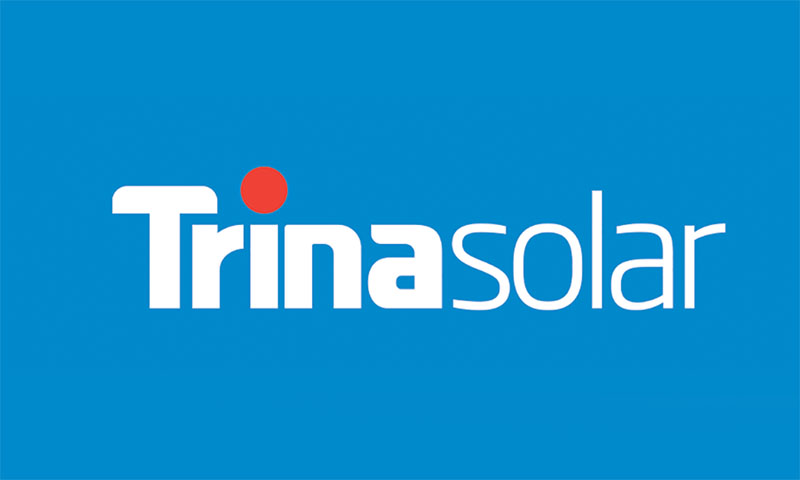Pakistan’s increasing demand for solar energy is on the rise as both residences and businesses increasingly recognize solar power as a reliable and cost-efficient source of electricity.
According to Bloomberg New Energy Finance (BloombergNEF), Pakistan imported USD$1.11 billion worth of solar products from January to September 2023, equivalent to an estimated 4GW of modules. This coincides with the Private Power and Infrastructure Board (PPIB) releasing framework guidelines in September 2023 to expedite power purchase agreements for solar projects and integrate solar onto public building roofs.
In light of these developments, Trina Solar, a global leader in smart PV technology and energy storage solutions, anticipates substantial growth in the Pakistani market. This optimistic outlook is fueled by reforms in solar initiatives, fluctuating fuel prices, and rapid advancements in solar technology. The company’s foresight is supported not only by market dynamics but also by a strategic focus on reducing solar project Levelized Cost of Energy (LCOEs). The introduction of high-power modules, driven by technological breakthroughs like the 210mm n-type i-TOPCon Advanced technology, aligns with the Pakistani market’s preference for high-power output modules. Trina Solar is a pioneer in these technological advancements, foreseeing the industry’s transition into the 700W era.
As evidence of Trina Solar’s impactful presence in Pakistan’s energy sector, the company has undertaken projects across the country in various market segments, including residential, commercial and industrial (C&I), and utility scale. For instance, Trina Solar’s industry-leading 210mm Vertex modules were installed in FectoCement’s (FSEL) 5MW solar project in Islamabad and Asif Rice Mills’s 4MW rooftop solar project in Larkana. C&I installations encompass Packages Mall’s rooftop in Lahore and Fish Farm Variable Frequency Drive’s (VFD) Northern Bypass in Karachi.
Dave Wang, Subregional Head of Trina Solar Asia Pacific, emphasizes the company’s commitment to empowering diverse entities across Pakistan, fostering both economic prosperity and environmental stewardship. Wang states, “Our mission ‘Solar Energy for All’ propels our commitment to delivering industry-leading modules, enabling our customers to achieve ‘grid parity’, making it more economical to generate electricity from solar modules than to rely solely on the conventional grid.”
Wang underscores the significant impact on households and businesses, noting, “Reducing the cost of electricity makes a substantial difference, especially given the recent surge in electricity prices over the last 18 months, driven by high fuel prices and general inflation. Additionally, residences and businesses in areas experiencing prolonged power blackouts can now tap into an alternative source of electricity rather than relying solely on the grid.”
To illustrate the financial benefits, Wang provides an example of a residential household with a monthly electricity consumption of 500 units, resulting in a monthly bill of approximately Rs. 20,000. If the homeowner invests in a 5kW system generating 6200 units at a cost of Rs. 900,000, the potential annual savings of Rs. 341,000 annually. In this scenario, the modules would essentially cover their own costs within 2-3 years.
The adoption of solar is most prominent in major cities like Islamabad, Karachi, and Lahore, driven by higher population density and increased awareness of solar module technology. Larger cities also benefit from multiple installers, providing a range of options, reflecting the growing interest and recognition of the benefits of solar energy in densely populated urban areas.
In summary, Trina Solar’s presence in Pakistan signifies a milestone in advancing renewable energy solutions. With cutting-edge technologies showcased at the Solar Pakistan exhibition, including high-power modules and the innovative TrinaStorage Elementa 2, Trina Solar reaffirms its commitment to becoming a total solutions provider for renewable energy.







